Brazil in World Trade —— Contingent Protection Measures
----- 世界贸易中的巴西:局部保护措施
Brazil, experiencing its largest economic expansion in three decades, is increasingly at the centre of international trade negotiations. As the world grapples with one of the most severe financial recessions of all time, Brazil is using this opportunity to harness its authority regionally and globally. The country’s already booming exports, recent offshore oil discoveries, macroeconomic stabilization, efficient government policies, and strategic ties to other emerging powers such as China are combining to transform Brazil into an economic superpower. Domestically, Brazil has almost instantaneously been given added political clout, which it can use as leverage in international bargaining. Brazil’s growing prominence on the world stage, both as an investor and as a beneficiary of investments, merits attention to its behaviour regarding contingent protection measures and its strategically active use of WTO law and mechanisms. This book provides a thorough analysis of current Brazilian trade policy in regard to both the country’s historical economic situation and its commitments as a member of the World Trade Organization. Among the aspects that come under analysis are the following: Brazil’s use of antidumping, countervailing measures, and safeguards; the lingering tendency towards protectionism in Brazil’s traditional industrial sector; interaction between trade and competition policies; the strategic partnership between Brazil and China; resolution of Sino-Brazilian trade disputes; Brazil’s regional free trade agreements; measures taken by Brazil as an importing country; measures taken by other WTO members against Brazil; and investigations conducted by foreign trade investigating authorities involving Brazilian exports. Replete with case studies and analyses of relevant proposals and initiatives, this incomparable resource offers the most comprehensive treatment available in one place of Brazil’s role and activity in the global trade regime. It is sure to be widely read not only by lawyers and legal academics but by the entire spectrum of those interested in the present and future of the world trade system.
{{comment.content}}
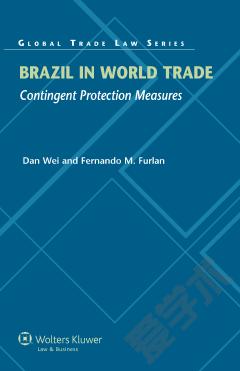

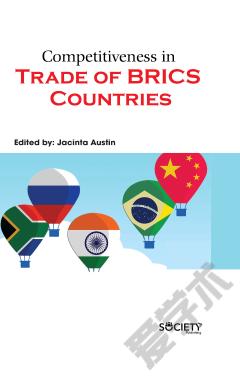
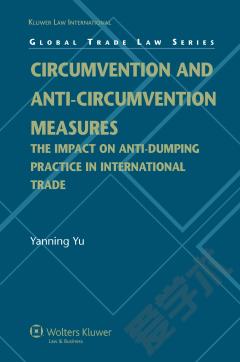
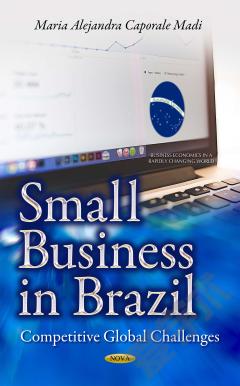
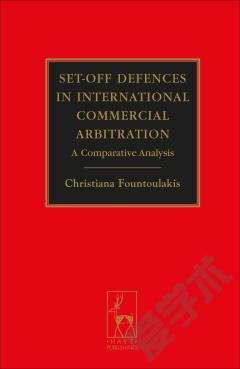
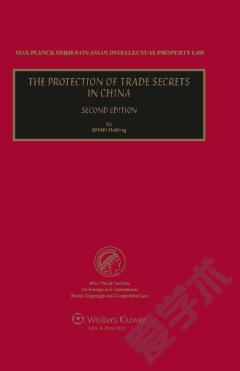

 京公网安备 11010802027623号
京公网安备 11010802027623号